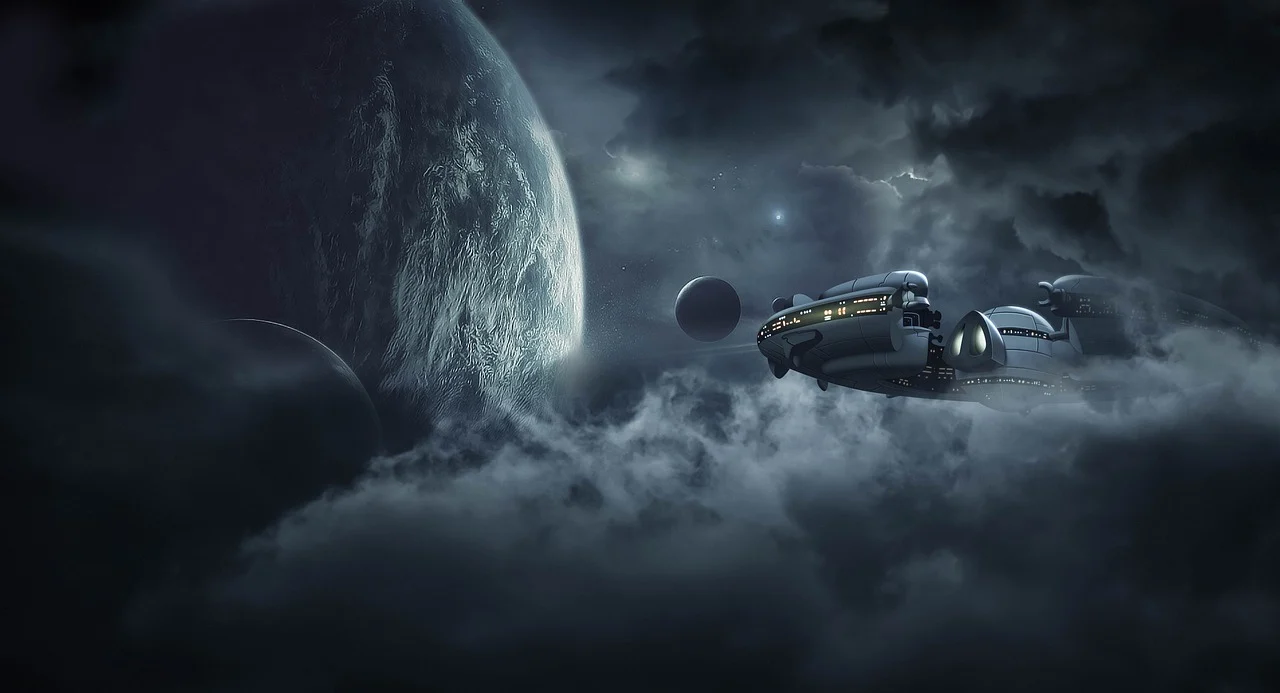Introduction:
Space exploration has always captivated humanity. Since the first moon landings, spacecraft and astronauts have pushed the boundaries of Earth, granting us insights into life in outer space. In this article, we will take a closer look at the modern life of astronauts in space, the challenges they face, and how they adapt to the extreme conditions.
Daily Routine in Space:
Life in space is far removed from what we are accustomed to on Earth. Astronauts spend months or even years in microgravity and must adapt to the unique conditions. One of the biggest challenges is weightlessness itself. Without gravity, astronauts must learn to navigate in a floating environment, requiring adjustments to their movements and a reorientation of their sense of direction.
Astronauts spend their days engaged in a variety of tasks. They conduct scientific experiments, maintain and repair equipment, train, and stay in contact with mission control. Space stations are well-equipped to provide astronauts with a comfortable living environment. They have sleeping cabins, personal items, and even a small exercise area to keep their muscles and bones in shape.
Challenges in Space:
Life in space is not without its challenges. Microgravity affects the human body and can lead to muscle and bone loss. Therefore, astronauts must engage in several hours of exercise daily to counteract these effects. They use special equipment such as treadmills and resistance trainers to maintain their fitness.
Another issue is isolation. Astronauts are separated from their families and friends for extended periods of time. The psychological pressure and social isolation can be demanding. However, space agencies have developed mechanisms to support the mental well-being of astronauts. Regular communication with loved ones and psychological counseling are part of the support system.
Living in Space: Combining Comfort and Challenges:
Despite the challenges, life in space also offers astronauts unique experiences and opportunities. The view of Earth from space is breathtaking. Astronauts report feeling a sense of connection with the planet and a deep appreciation for our home world. Space exploration has also enabled scientific and technological breakthroughs, expanding our understanding of the universe.
The Future of Space Exploration:
Space exploration continues to evolve, and future missions may involve even longer stays in space. The goal is to establish sustainable habitats on other celestial bodies, such as the moon and Mars. This would require addressing additional challenges, such as long-duration space travel and developing self-sufficient systems to support human life beyond Earth.
Conclusion:
The life of an astronaut in space is a unique and remarkable experience. It involves overcoming challenges and adapting to the extraordinary environment of microgravity. As space exploration progresses, humanity's understanding of the universe expands, and the possibilities for human exploration beyond Earth continue to grow.


